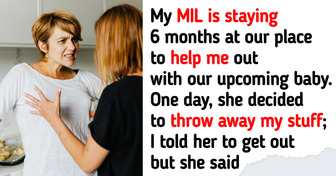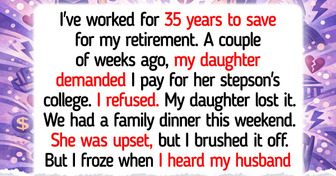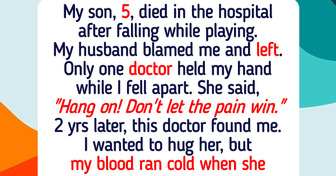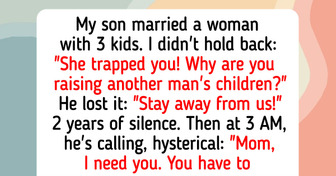My Sister-in-Law Wore My Wedding Dress and Now No One in My Family Talks to Me

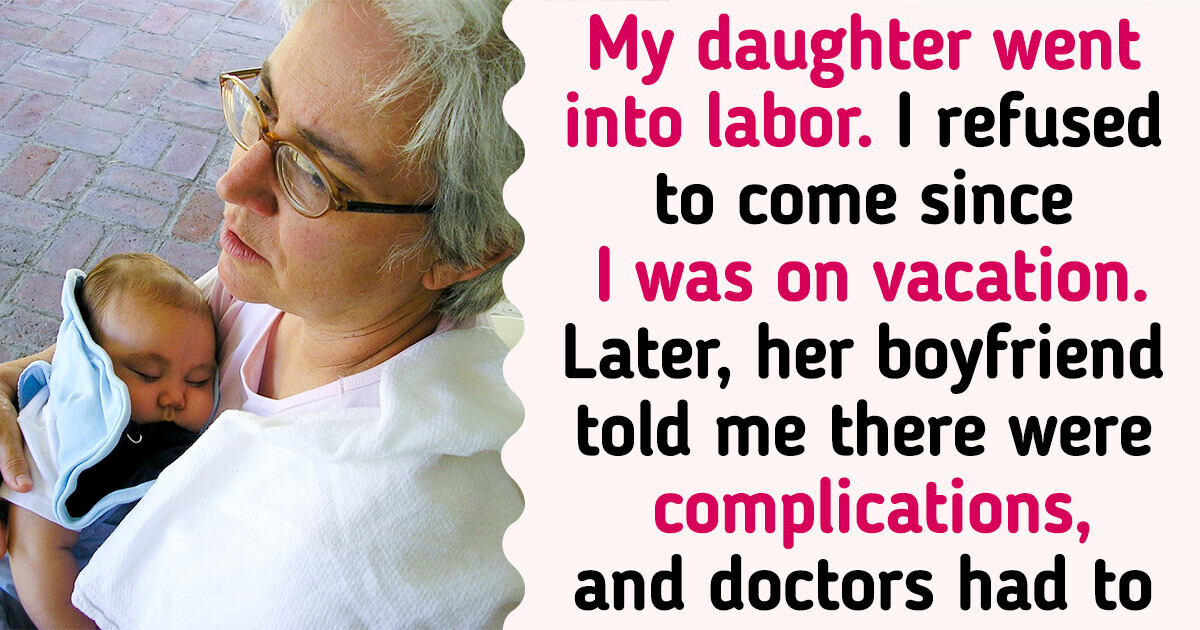
Becoming a parent or a grandparent doesn’t come with an instruction manual, and everyone learns as they go. It’s essential to remember that grandparents are not just caregivers but individuals seeking to enjoy life and new experiences. Sometimes, this can lead to conflicts, as illustrated by the stories of grandparents taking a vacation that coincided with their daughter’s labor.
Numerous studies have explored the dynamics of relationships between grandparents and their grandchildren. One of these studies indicates that people who actively care for their grandchildren have a 37% lower mortality risk than adults of the same age without caregiving responsibilities. Research by the University of Oxford underscores the significant role grandparents play in their grandkids’ well-being. Additionally, children with a high degree of grandparental involvement tend to experience fewer emotional and behavioral issues.
Having children presents new parents with unfamiliar challenges and dilemmas that they may have never encountered before in their lives. During this time, family support becomes especially crucial, particularly for a pregnant woman who may find herself in a vulnerable position.

